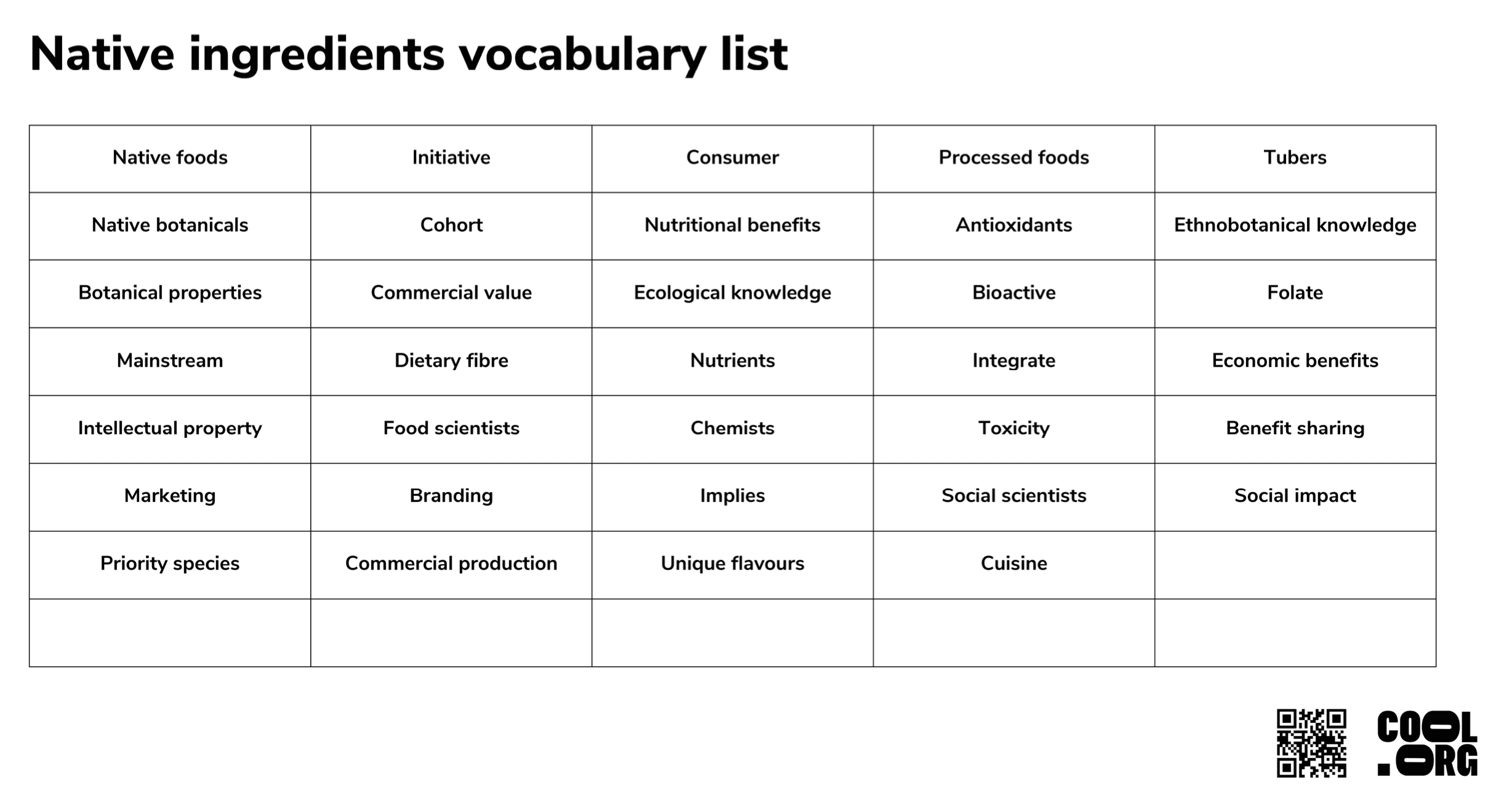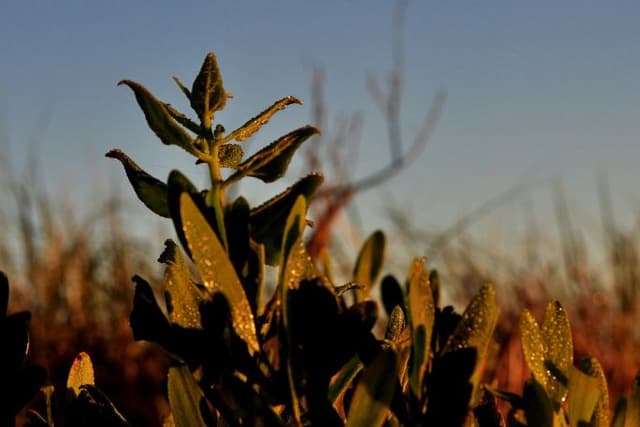
The Role of Native Foods and Botanicals
Lesson8 of 11 in this unit
SecondaryYear 9Humanities and Social SciencesGeographyEnvironmentalSustainability
Summary
Lesson Guides and Printables
Teacher Content Information
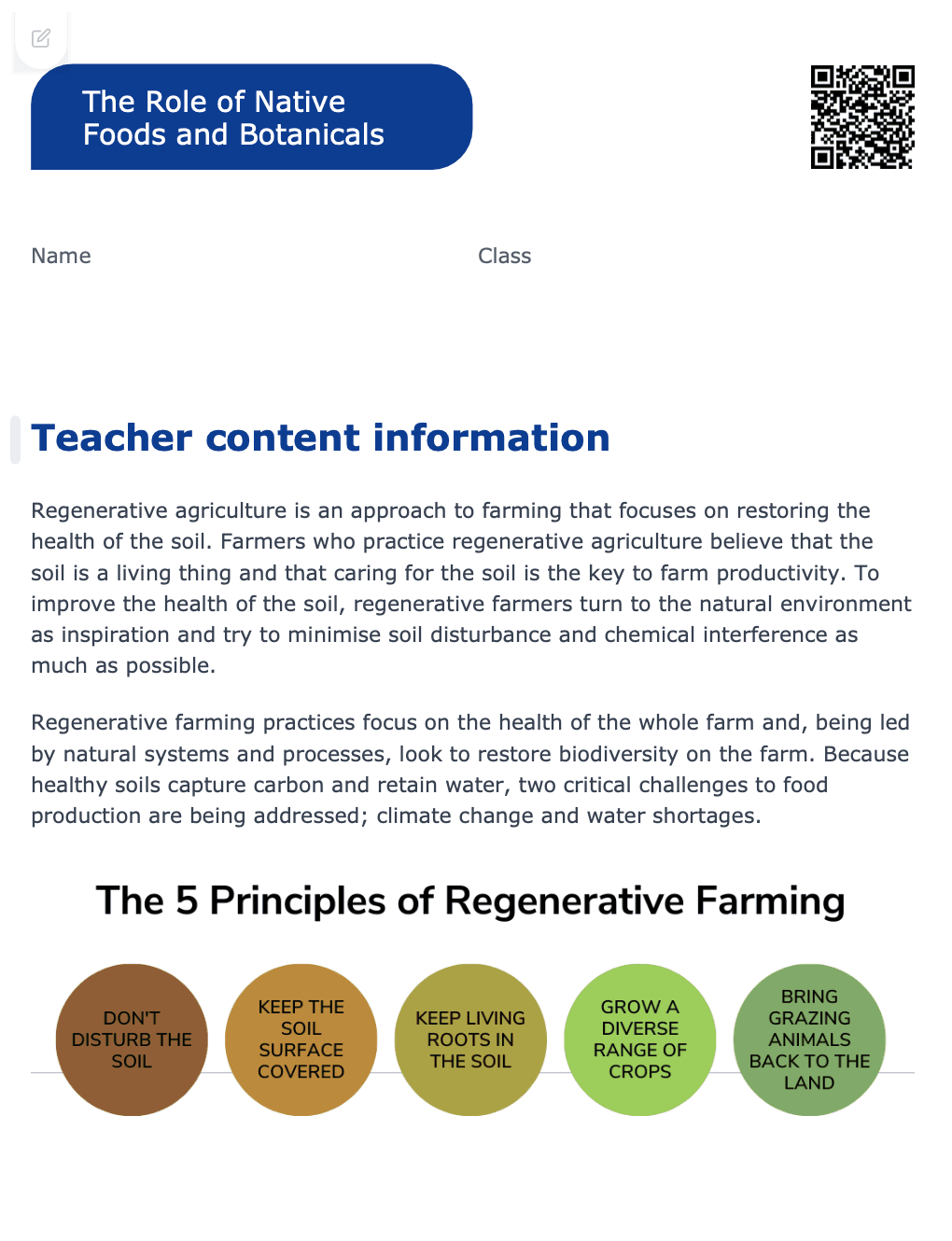
Lesson Plan
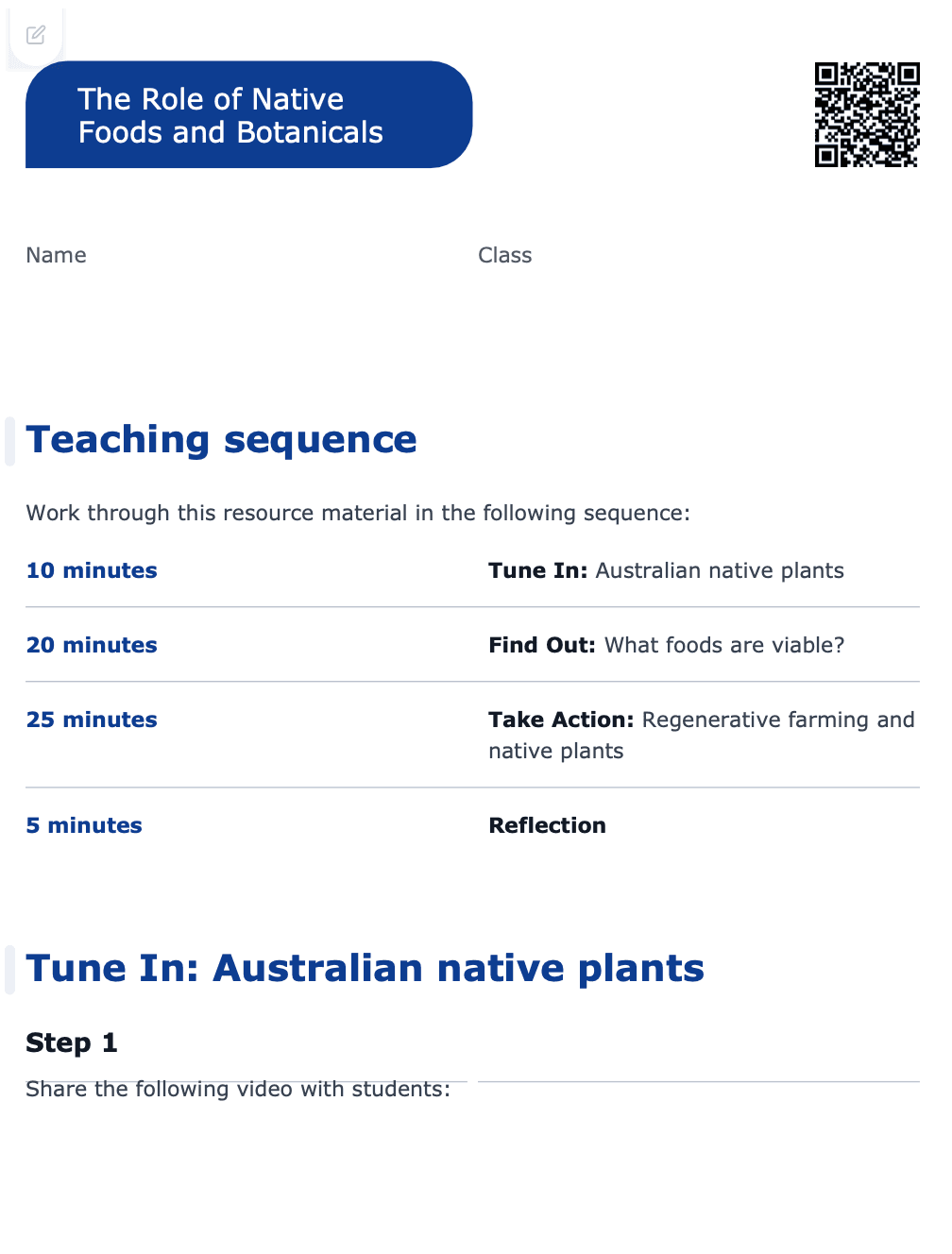
Student Worksheet
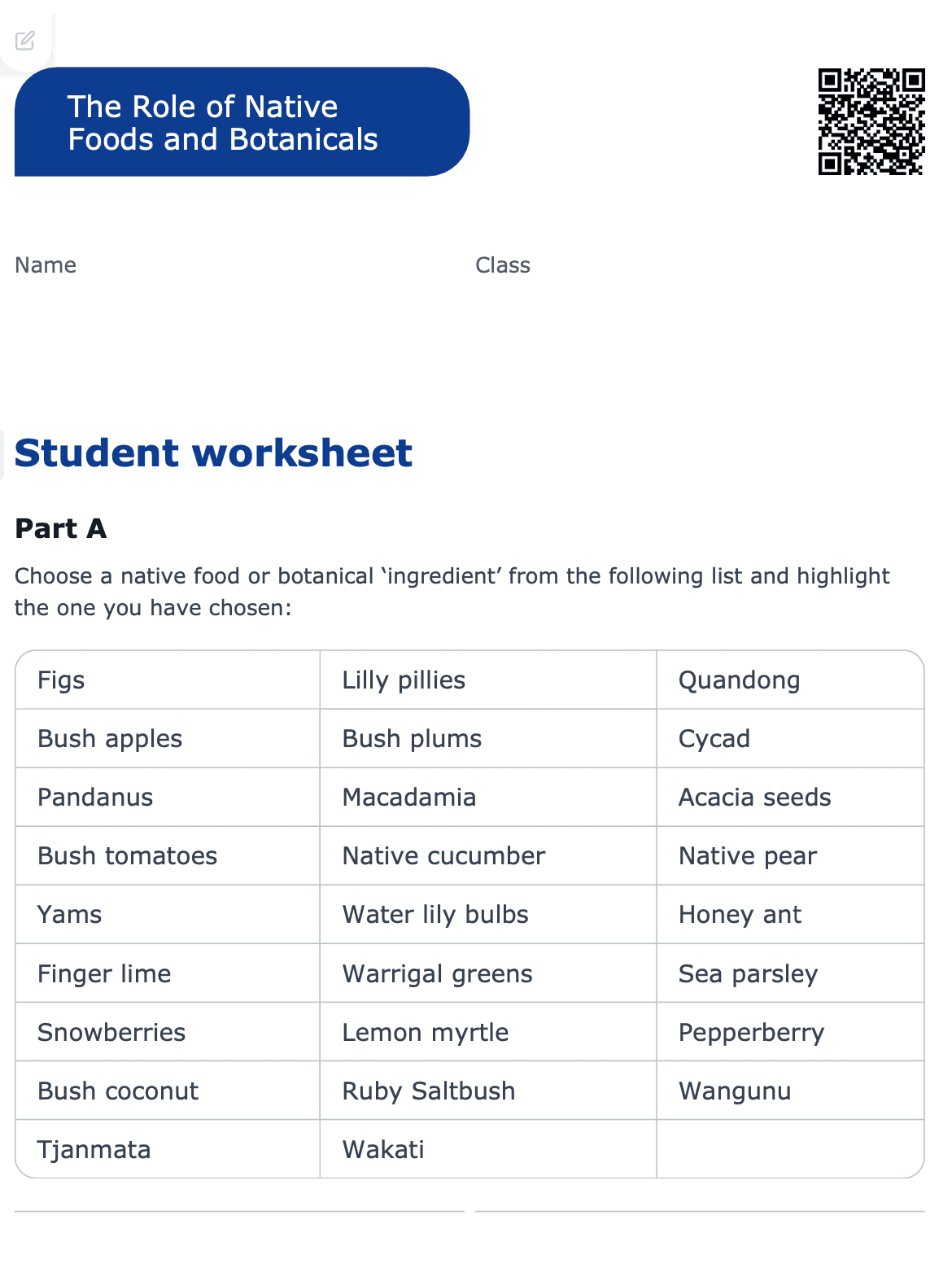
Search Strategies

Poster Rubric
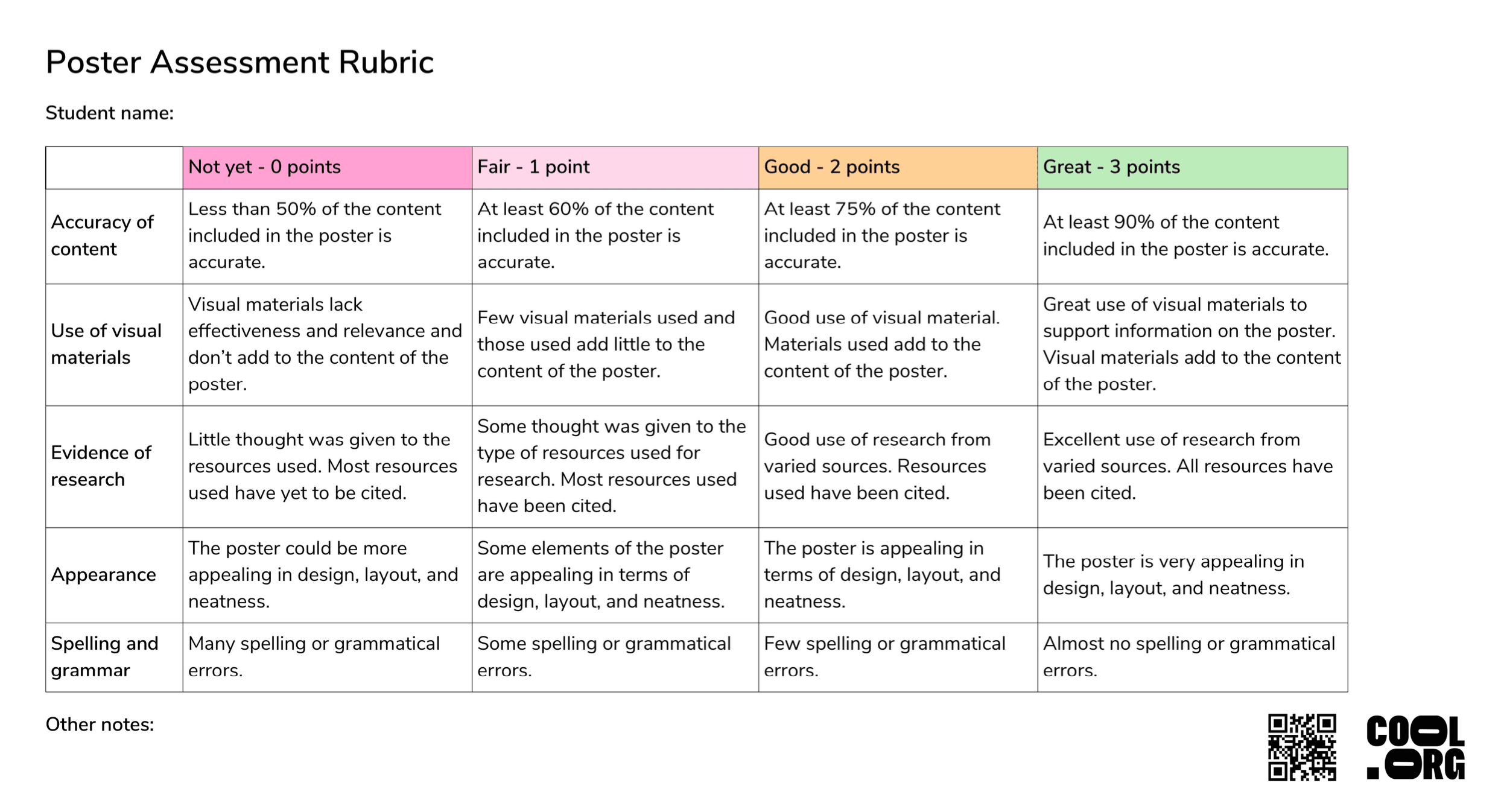
Native Ingredients Vocab List
